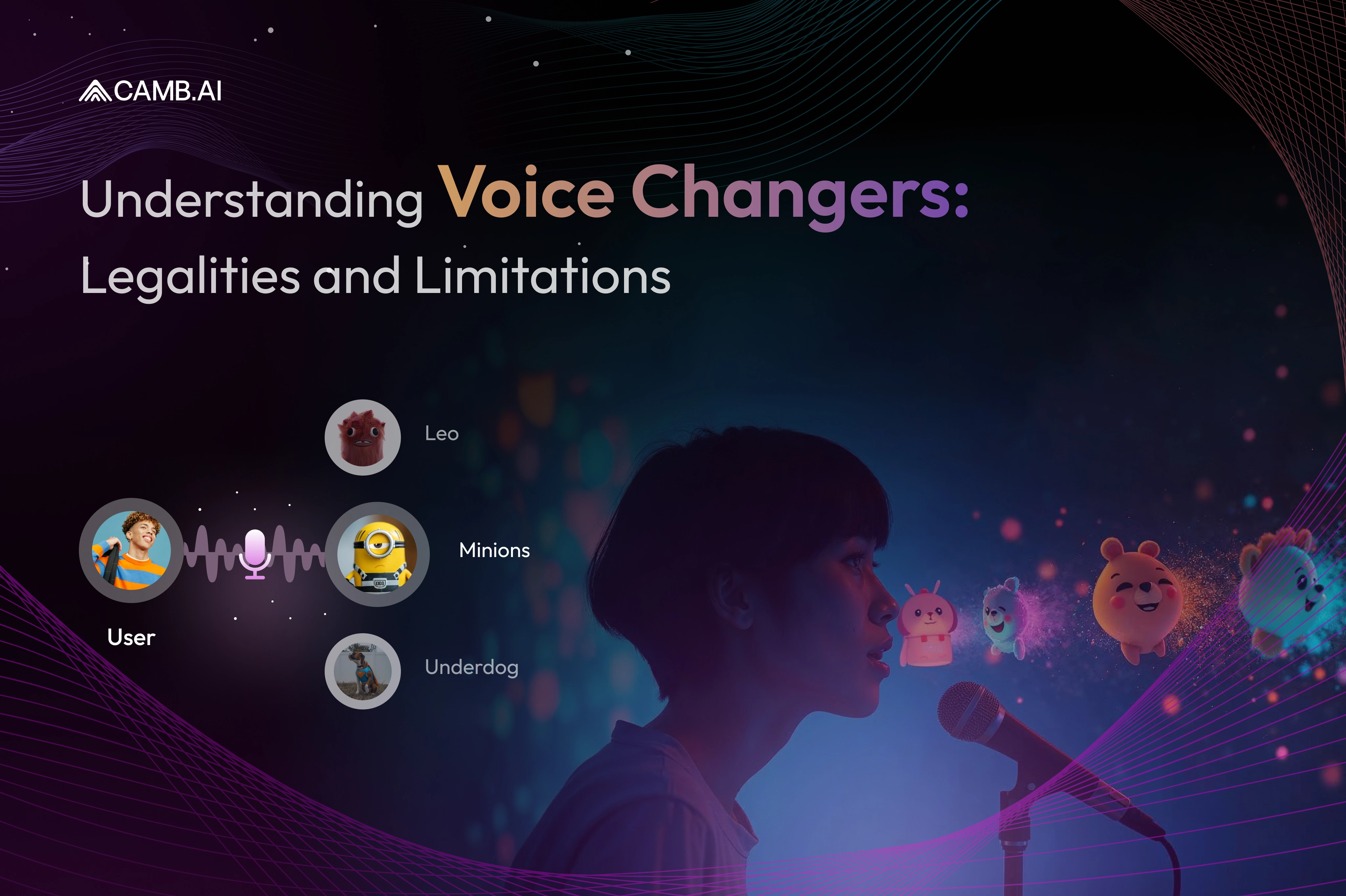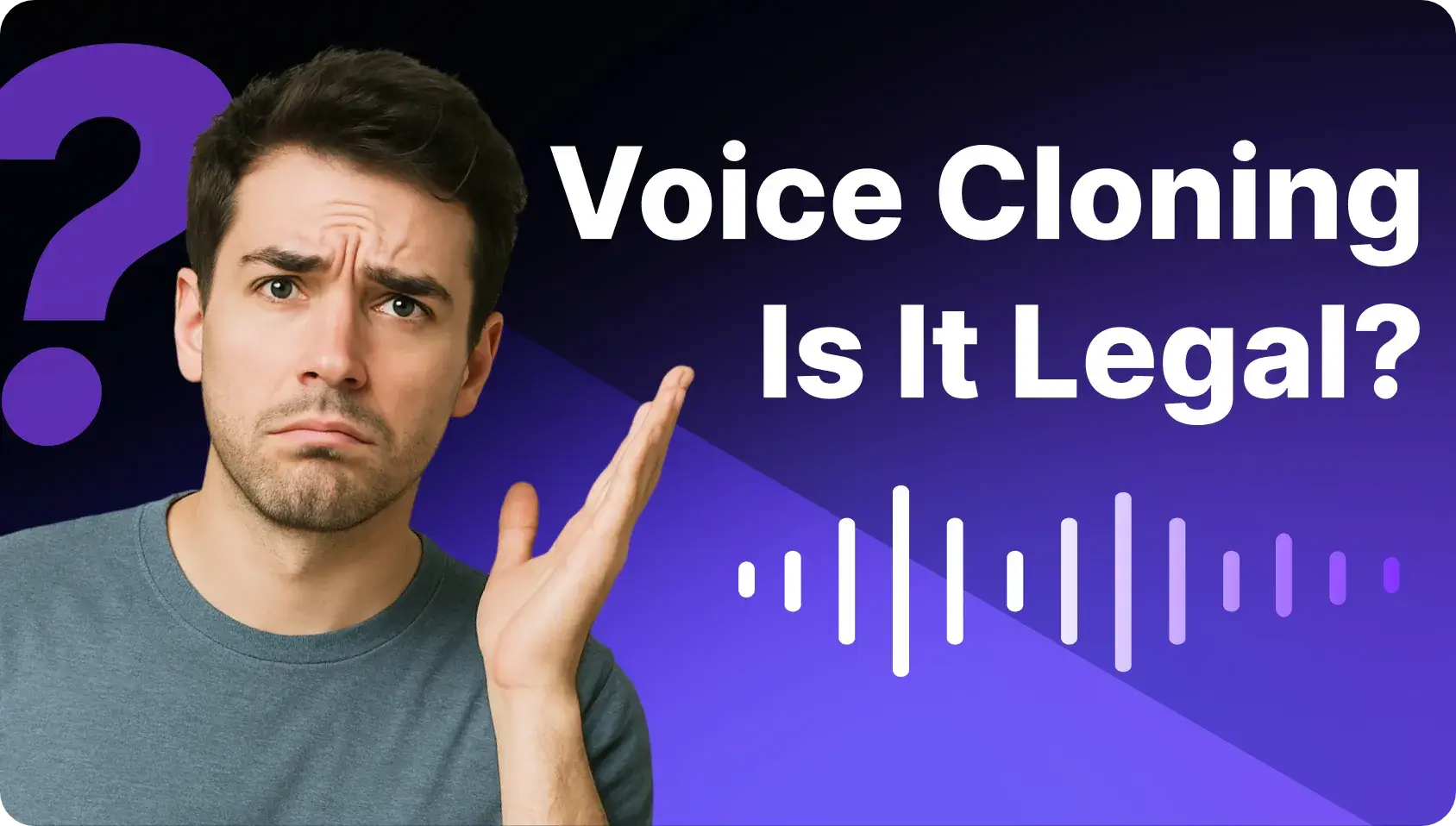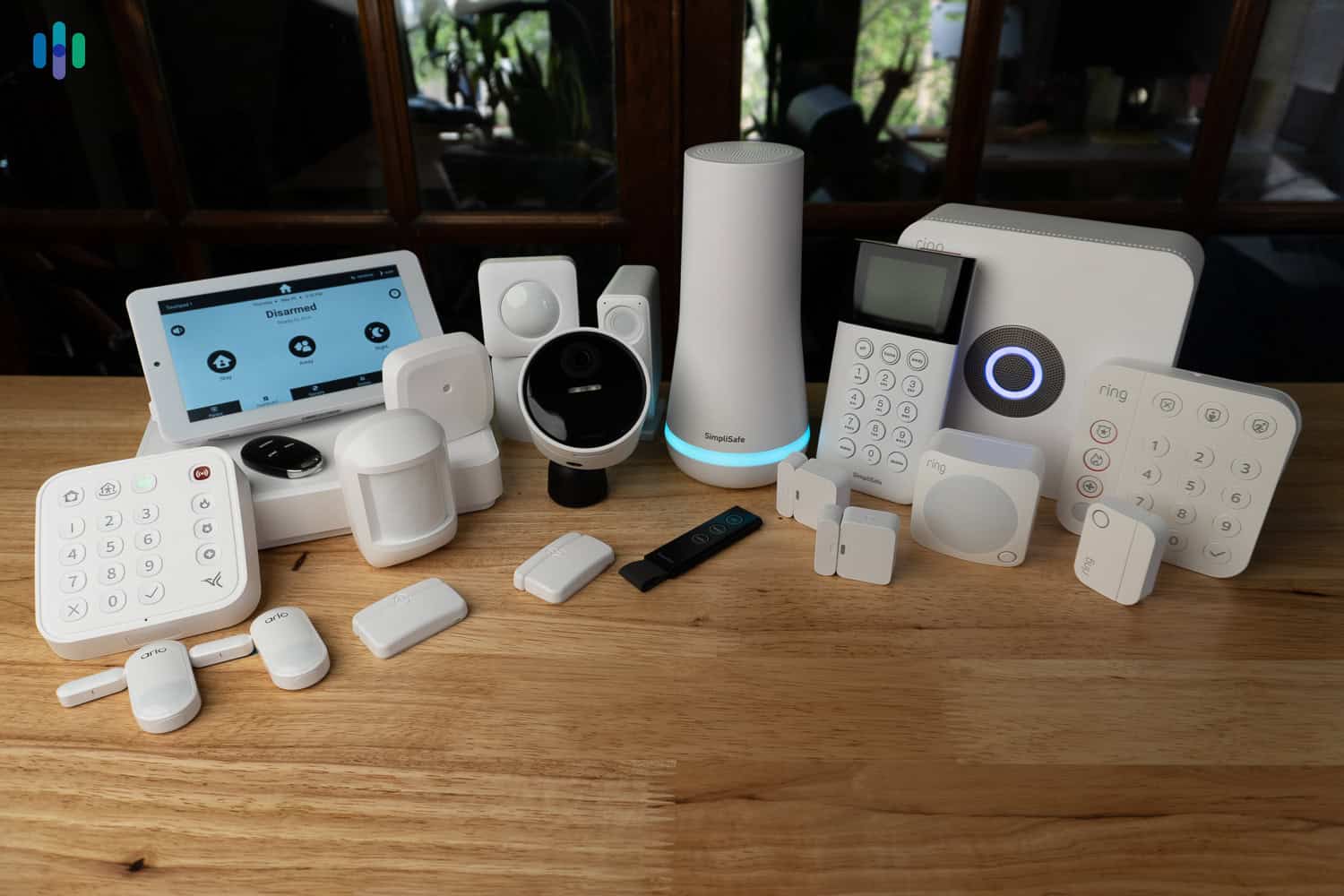Imagine being able to replicate a voice so accurately that it feels like magic. This is the power of AI voice cloning tools.
But with great power comes great responsibility. You’re likely curious about the legal and ethical implications that come with these advanced technologies. Are you allowed to clone anyone’s voice? What are the moral boundaries? These are questions you might have as AI continues to revolutionize how we interact with voices in digital spaces.
In this guide, you’ll uncover the truth behind the laws and ethics of AI voice cloning tools. You’ll learn how to navigate this complex landscape responsibly, ensuring you make informed decisions that protect both your interests and the rights of others. Dive in, and let’s explore what you need to know to use these tools wisely and ethically.

Legal Landscape
Voice cloning tools can copy voices. Protecting original voices is key. Some creators register their voice as intellectual property. This protects their voice legally. Voice cloning without permission may break laws. Always check copyright rules before using these tools. Respecting voice creators’ rights is very important.
Privacy laws guard personal information. Voice data is personal information. Sharing or using someone’s voice needs care. Data protection laws keep voice data safe. Countries have different rules. Always know these privacy laws. Protecting privacy builds trust with users.
Consent means agreement. Using a voice needs clear permission. Without it, you might face legal problems. Always ask for consent before cloning a voice. Written permission is best. This shows respect for the person’s rights. Getting consent is crucial for ethical voice cloning.

Ethical Considerations
Moral Implicationsare important in voice cloning. Using someone’s voice without asking is wrong. It can hurt feelings and trust. Famous people might feel their voice is stolen. This makes them sad. Think about how your actions affect others.
Impact on Societyis huge. Voice cloning can change how people talk. It may confuse real voices from fake ones. Some may use it to cheat or lie. This can make people feel unsafe. Society must learn to use voice tools wisely.
Responsible Usagemeans using tools safely. Always ask before using someone’s voice. Respect their feelings and wishes. Use voice tools for good reasons. This helps keep trust and peace. Teach others to use voice cloning with care.
Risks And Challenges
Navigating AI voice cloning tools presents legal and ethical concerns. Protecting privacy and preventing misuse are crucial responsibilities. Ensuring respect for individuals’ rights is essential in this evolving field.
Misuse Potential
Ai voice cloning tools can be used in wrong ways. People might use them to copy voices of others. This can lead to identity theft. These tools can create fake messages. This can cause harm to people. Trust can be broken. Safety might be at risk.
Security Concerns
Voice data can be stolen. Hackers may try to access it. Personal information can be at risk. This can lead to privacy breaches. Protecting data is very important. Strong security is needed. Companies should be careful.
Public Perception
People may fear voice cloning. They might think it is dangerous. Some may feel their privacy is at risk. Trust in technology can be lost. Understanding these tools is important. Clear information is needed. This can help ease worries.
Best Practices
Being clear is crucial. Explain how you use voice cloning. Inform people when their voices are recorded. Use simple language. Make sure everyone understands. This builds trust.
Educate users about voice cloning tools. Use guides and tutorials. Share the benefits and risks. Users should know how their data is used. Empower them to make informed decisions. Knowledge is power.
Follow the laws. Stay updated on regulations. Implement strict policies for data use. Always get permission before cloning voices. Protect users’ rights. Create a safe and ethical environment.
Future Directions
AI voice cloning tools are getting better. They can make voices sound more real. Every year, computers get faster. This helps AI learn and improve. New software can now mimic emotions and accents. This makes the voices sound even more like real people. Kids and adults can use these tools to make fun projects. But, they must use them wisely.
Laws are changing to keep up with AI. New rules help protect people’s voices. Governments want to make sure voices are not used wrongly. Companies need to follow these rules. This keeps everyone safe and happy. Parents should teach kids about these laws. They can learn together to stay informed.
Many people talk about what is right with AI tools. Using a voice without asking is not nice. It’s important to respect others. AI can help us learn more about these topics. Schools can teach kids about using AI kindly. This helps make the world a better place.

Frequently Asked Questions
Is Ai Voice Cloning Legal?
AI voice cloning legality varies by jurisdiction. Permission from the original voice owner is often required. Unauthorized use can lead to legal issues. Always check local laws and obtain necessary consent to avoid potential infringement. Consulting legal professionals ensures compliance with regulations.
Is It Ethical To Use Ai To Clone Voices For Creative Purposes?
Using AI to clone voices can be ethical if consent is obtained. Always respect legal guidelines and copyright laws. It’s crucial to ensure transparency and credit original creators. Ethical use enhances creativity without harming rights.
Is Ai Voice Acting Ethical?
AI voice acting raises ethical questions about consent, copyright, and job displacement. Ensuring transparency, obtaining permissions, and fair use are crucial. Balancing innovation with ethical practices helps protect voice actors’ rights and maintain industry standards. Ongoing dialogue and regulation can guide ethical AI voice development.
What Ethical Concerns Arise From The Use Of Ai Voice Cloning Technology?
AI voice cloning raises ethical concerns like identity theft, privacy invasion, unauthorized use, and misinformation spread. Protecting individuals’ voices is crucial to prevent misuse. Consent is essential to ensure ethical practices. Safeguards must be in place to maintain trust and security.
Conclusion
Navigating AI voice cloning demands care and awareness. Respect privacy and consent at all times. Understand legal guidelines to avoid issues. Ethical use builds trust and credibility. Misuse can lead to serious consequences. Stay informed on evolving laws and standards.
Always prioritize ethical practices. Consider the impact on individuals and society. Make responsible choices in voice cloning. Educate others about its importance. This ensures a fair and respectful digital future. Voice cloning can be valuable. But only when used wisely and ethically.
Read More:
- Mobile Gaming Apps With Highest Revenue: Top Earners Revealed
- Best Vpns for Streaming And Privacy Usa: Top Picks
- Top Chatgpt Alternatives for Content Creators: Discover Now
- Foldable Phone Reviews And Buying Guide: Ultimate Insight
- Best Smartwatches for Health Tracking 2025: Top Picks
- AR Smart Glasses Review and Buying Guide: Ultimate Picks
- Drone Delivery Services to Watch in 2025: Future Innovations
- Best Ai Productivity Tools for Businesses Usa: Boost Efficiency


